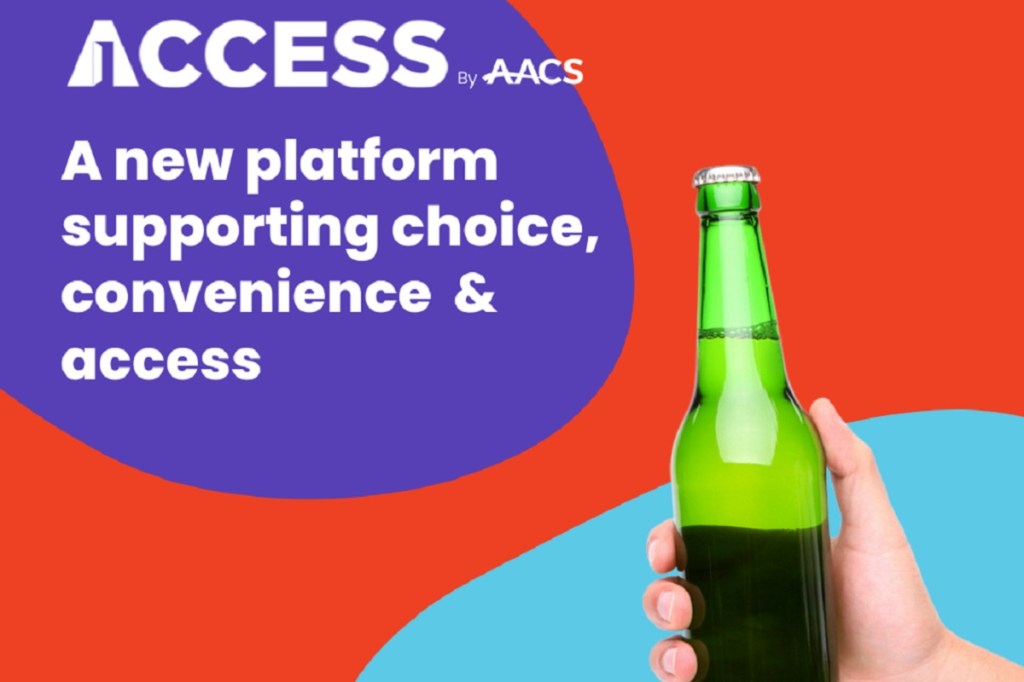The Australian Association of Convenience Stores (AACS) has launched Access by AACS, a digital platform that will improve the future viability of the industry by raising awareness of inefficiencies and outdated regulation.
Access by AACS will provide information and education for all relevant stakeholders around three key pillars: vaping, packaged alcohol deregulation, and the forecourt of the future.
Theo Foukkare, CEO, AACS, told C&I that the overarching messaging will be to improve communities by developing retail offers to provide convenience and choice to consumers.
“I strongly believe that the convenience store of today is going to play a more important role in everyday Australians’ routines. And we believe that our community of retailers shouldn’t be restricted on selling various products that consumers want. That will help small business continue to remain viable for many years to come,” he says.
“We believe in a fair retail environment where consumers should be able to buy what they want, when they want from reputable retailers under whatever the guidelines imposed by the government are. But restricting access to certain retailers for specific product categories we believe is uncompetitive, as well as inconvenient for everyday Australians.”
Foukkare says that Access by AACS will be a source of information for stakeholders who may have limited or no knowledge on the three key pillars of vaping, packaged alcohol deregulation, and the forecourt of the future.
“Most people have heard that it’s illegal for nicotine containing vapes to be sold to consumers outside of the government-imposed prescription model, but most consumers aren’t aware of how difficult it is to be able to access a GP that is authorised to provide a script. And then most consumers also aren’t aware that the availability of it at pharmacy, if you do succeed in getting the script, is quite low. So, effectively, we’re trying to step out the process for the consumers to better understand it, but separately, in this priority, we’re not a health advocate, we’re more about providing choice to consumers. And we believe that all consumers, especially adults, should be able to access products freely like we do in many other parts of the world,” he says.
In this notion, Access by AACS will provide education around what vaping is, the different types of vaping products, as well as sharing information from around the world.
It will provide news stories, as well as educational pieces from doctors and reputable organisations globally, and will bring the conversation to the forefront and help educate stakeholders.
“What we’re trying to do is to build a community of Australians that have an active interest in it, either from retailing or from a consumer perspective. And the end goal is for us to build that adequate database of Australians, so that we can keep them updated with what’s changing around legislation, but also share with them why they can’t get the products,” says Foukkare.
“Ultimately, I’d love to have a piece of point of sale in our network of convenience and service station retailers that via a QR code is able to educate them as well as sign them up to be able to keep them informed on an ongoing basis.”
Access by AACS will take the same approach with packaged alcohol.
“When it comes to packaged alcohol, we’re living in an outdated regulatory environment that in some cases is more than 40 years old around the legislation.
“We feel that in the alcohol space as an industry, and it varies by state, but our channel is one of the very few retail outlets that aren’t permitted to sell alcohol to everyday Australians even in a restricted format. As an example, in Victoria, petrol and convenience stores along with drive-ins, which are a thing of the past, are effectively the only two types of venues or outlets that aren’t allowed to sell packaged alcohol take away to consumers. So, we feel as though there’s a competition issue and we’ll be using the platform to work with the ACCC.”
Foukkare highlights that within packaged alcohol, currently $80 of every $100 that is spent goes to two companies – Coles and Woolworths.
“Small businesses in our network of stores should be able to sell packaged alcohol to be able to compete with the large format retailers.
“We believe that developing our community of retailers and allowing them to sell products that are currently restricted will allow them to one survive and to be able to add more value to their local community in terms of accessibility to product ranges.
“We’re starting with these two and the third pillar is the forecourt of the future. So, in our case, what we’re seeing is government is investing heavily in public infrastructure for vehicle charging. And for us, while public infrastructure charging will play a role, it isn’t the only solution. We are going to need, we believe, up to 15 times the planned investment to be able to develop a credible, reliable network of charging stations, and our industry is already strategically positioned to service the needs of Australia. So, we’re trying to generate involvement from all the governments, Federal and State, to be able to divert some of their funding into our industry so that we’re able to play a much bigger role in the short term needs of consumers.
“Effectively, it’s about education. It’s about sharing the facts. And it’s also about providing consumers and retailers with information so that we can create a better community for our retailers around the country.”
You can visit Access by AACS at www.joinaccess.com.au
To stay up to date on the latest industry headlines, sign up to the C&I e-newsletter.

